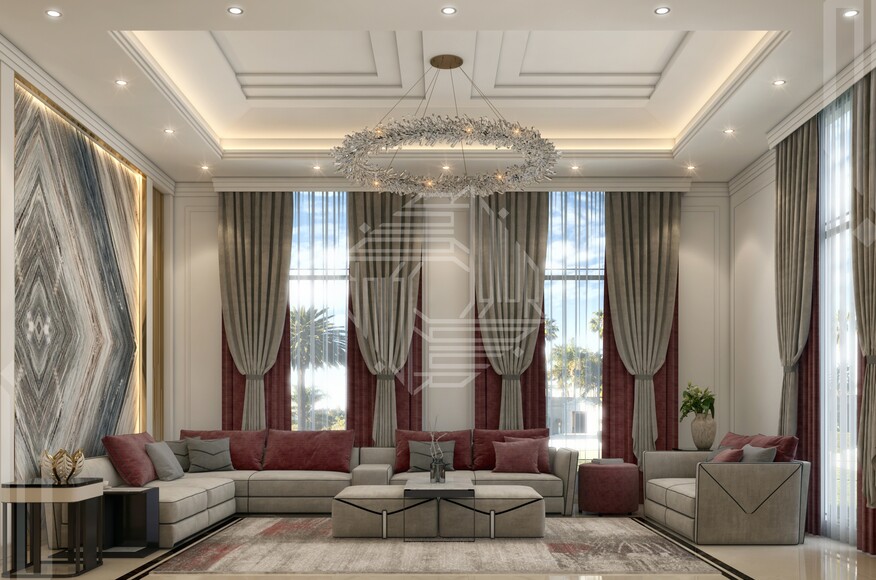Selecting the right air conditioning system in Sydney involves more than picking out the most potent unit within budget. The city’s unique climate, architectural diversity, and environmental concerns mean that making an informed choice requires careful consideration of several crucial factors. Before deciding on an air conditioning solution, preliminary queries need addressing to ensure the chosen system meets both immediate and long-term needs. This article outlines essential considerations for homeowners and businesses looking to invest in air conditioning in sydney.
Understanding Sydney’s Climate Needs
Sydney experiences a temperate climate with hot summers and mild winters, necessitating a versatile air conditioning system capable of cooling and heating. Before deciding, it’s important to consider how well potential systems can adapt to these seasonal variations. Systems should offer efficient cooling for the sweltering summer months without compromising on the ability to warm up space during the cooler parts of the year. This balance is crucial for year-round comfort and energy efficiency.
Assessing Space and Installation Requirements
The physical characteristics of the space to be air-conditioned play a significant role in determining the most suitable type of system. Key factors include the size of the area, the layout of rooms, and the building’s insulation quality. Split systems might be ideal for single rooms or smaller spaces, while ducted systems could better serve larger homes or offices with multiple rooms. Consulting with a professional to assess these aspects can guide the decision toward a system that matches the space’s specific needs.
Energy Efficiency and Environmental Impact
Energy efficiency is a major consideration for any air conditioning system, especially during rising electricity costs and environmental awareness. While potentially more expensive upfront, systems with higher energy star ratings can lead to significant savings on energy bills in the long run. Additionally, environmentally conscious consumers may also want to consider the refrigerant used in the system, opting for those with lower global warming potential to minimise environmental impact.
Cost Considerations Beyond Purchase Price
The initial purchase price of an air conditioning system is just one part of the overall cost equation. Installation, maintenance, and operational costs can vary widely between systems and must be considered. For instance, ducted systems may have higher installation and maintenance costs than split systems. Additionally, features like programmable thermostats and smart technology can offer long-term savings through more efficient energy use despite higher upfront costs.
Warranty, Service, and Support
The warranty and support services manufacturers and installers offer are critical factors to consider. A comprehensive warranty can provide peace of mind, covering potential repairs or replacements needed over the system’s life. Equally, reliable customer service and accessible technical support ensure that any issues can be promptly addressed. Investigating the reputation and reviews of manufacturers and service providers can help choose a system supported by strong after-sales service.
Future-Proofing Your Investment
Finally, considering the future is essential when selecting an air conditioning system. This includes thinking about potential changes in the space (such as renovations or extensions), advancements in technology, and evolving environmental regulations that could affect system efficiency or viability. Opting for a system that offers flexibility and can be upgraded or expanded may provide better value in the long run.
In conclusion, installing air conditioning in sydney is a decision that requires careful thought and consideration of various factors. From understanding the specific climate needs and assessing the space to considering energy efficiency, cost implications, and future-proofing the investment, each aspect plays a crucial role in ensuring the selected system meets current and future needs. By addressing these preliminary queries, homeowners and businesses can make an informed choice that offers comfort, efficiency, and sustainability for years.
James Martin is a passionate writer and the founder of OnTimeMagazines & EastLifePro. He loves to write principally about technology trends. He loves to share his opinion on what’s happening in tech around the world.



